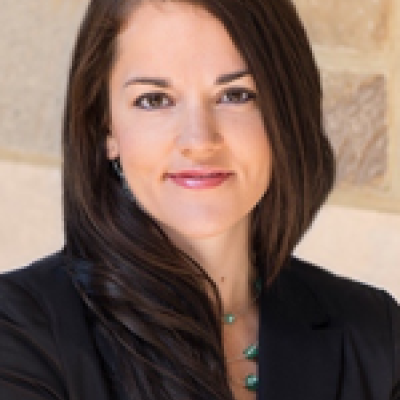Decolonising Research Methodologies
A Critical Teaching & Learning Online Collaborative
10 May - 25 June 2021, University of Oxford and University of South Africa
How do we teach emergent, defiant, decolonial options even as they are rendered unimaginable, unknowable, and/or delegitimised within the dominant paradigm and the global 'Westernised university' (Grosfoguel 2013)? How do we learn and practice ways of knowing that do not concede to the violence that keeps the present colonial system in place? How do we move away from colonial illusions of certainty, efficiency, expertise, discovery, and related promises? How do we resist the seductive desires to have our knowledge validated, acclaimed, and affirmed by dominant systems, institutions, and people? How do we teach and learn what is uncertain, what is becoming?
In this experimental course, we would like to foster an interactive and collaborative digital space to build, challenge, and practice ways of knowing offered by the rich scholarship on decolonising research methods in the social sciences. We recognise the significance of trust within collectives thinking against coloniality and colonial violence and striving towards epistemic decolonisation - particularly online. Guided and immersive sessions will help us work towards the creation of a different kind of digital classroom and cultivate a collective commitment. Our course activities are flexible and include the creation of a power playlist; sessions on self-critique and decolonial reflection; discussions with serious, committed, and humble scholars who have worked for decades on community centred and decolonial knowledges in Africa and beyond; an Uncomfortable Oxford digital tour tracing Oxford's spatial and historical relationship with colonialism, particularly in Africa; a final week of student-led deliberations and (re)imaginations of their current research; and more.
Underpinning this course is the long-standing need for students and educators to think critically about the dominance of epistemic and methodological forms of coloniality. We hope that the course will help to reaffirm the creative actions taken by university communities and students in Oxford and beyond urging us to (re)think our pedagogical approaches, even in the face of generation-shifting events like the COVID-19 pandemic.
Educators
This seven-week postgraduate online course, Decolonising Research Methodologies, is a collaboration between Geography and Education at Oxford and the University of South Africa (UNISA). It builds on a growing body of collaborative work between the educators, is responsive to students' calls for greater opportunities to engage with work on decolonisation, and contributes to thinking through the practical, political, and epistemic implications of shifts to online teaching stimulated by the pandemic.
A number of guest educators will lead hands-on sessions and workshops. The core teaching collective include:
- Dr Nokuthula Hlabangane is an Associate Professor of Anthropology at the University of South Africa (UNISA)
- Dr Amber Murrey is an Associate Professor at the School of Geography and the Environment and a Tutorial Fellow at Mansfield College, Oxford.
- Dr Steve Puttick is an Associate Professor at the Department of Education, Oxford, where he has teaching responsibilities across postgraduate programmes (PGCE, MSc, DPhil).
Students
- PhD students in the social sciences at UNISA and universities in Africa
- DPhil students in social sciences at Oxford
Note: this course is intended for PhD students who (a) research with people and (b) have not yet completed their research or 'fieldwork' with and in their research communities.
Fees and student funding
Through generous sponsorship by a University of Oxford's Teaching Development & Enhancement Project (TDEP) Grant, this course is free to all enrolled students.
Some of the course content (including sessions with guest speakers) will be archived online and will be open to the public once the course has concluded.
Merely putting a course online does not make it unproblematically accessible nor 'decolonised'. Within the purview of decolonisation, we draw inspiration from Branwyn Gruffyd Jones (2006: 237), when she writes that 'no one can truly wish for the spread of non-Eurocentric knowledge if they do not give practical support to the conditions necessary to the existence of that knowledge'. A genuine opening up requires an attention to material inequalities in access to appropriate hardware and Internet data.
We are pleased to offer 10 student scholarships of £265/5415 ZAR to help cover the costs of Internet data and/or device purchasing/upgrades for accepted postgraduate students studying at a university on the African continent (who successfully apply for the grant).
How to apply
The course will run from 10 May - 25 June 2021.
If you are interested in applying to participate in this experimental online course, please submit your application materials by 16 April 2021.
Please access the application portal here: https://forms.gle/SRaAucaYG5UxGrrQ8.
For questions or ideas about the project, please contact us at: unisaoxdecolonisation@gmail.com
Decolonising Research Methodologies
Dr Amber Murrey is pleased to announce the launch of a new online postgraduate course, Decolonising Research Methodologies. The course is a collaborative project between Oxford and UNISA and is open to PhD/DPhil students in the social sciences at Oxford and universities in Africa. The course is free for all enrolled students and there are funds available to subsidise the costs of internet data/devices. Application deadline: 16 April





